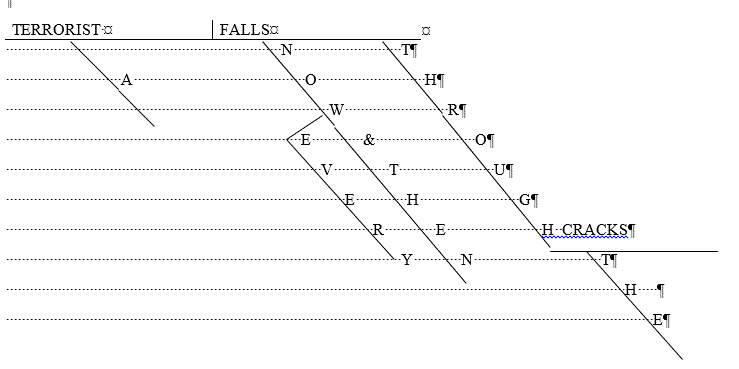There are a couple of idioms whose meaning is from time to time or occasionally.
Every so often
(Every) once in a while
(Every) now and then/again
Every actually is a determiner (or, broadly speaking, an adjective) specifying a noun or noun phrase and means that everybody or everything of the referred group is addressed, as in every day, every man, or every student.
Obviously, every is also used when referring to a period or range of time, e.g., every thirty minutes or every week but, again, the time frame is given as a noun.
I was looking at the entry in Etymology Online, as well at Merriam-Webster and Oxford dictionaries to get further information.
Etymology Online doesn't address the matter at all. While the dictionaries at least define these phrases and list a couple of examples, they do not give any clue to answer my questions: what part of role is every playing in these expressions (from both a grammatical and logical point of view) and where did this usage come from.

